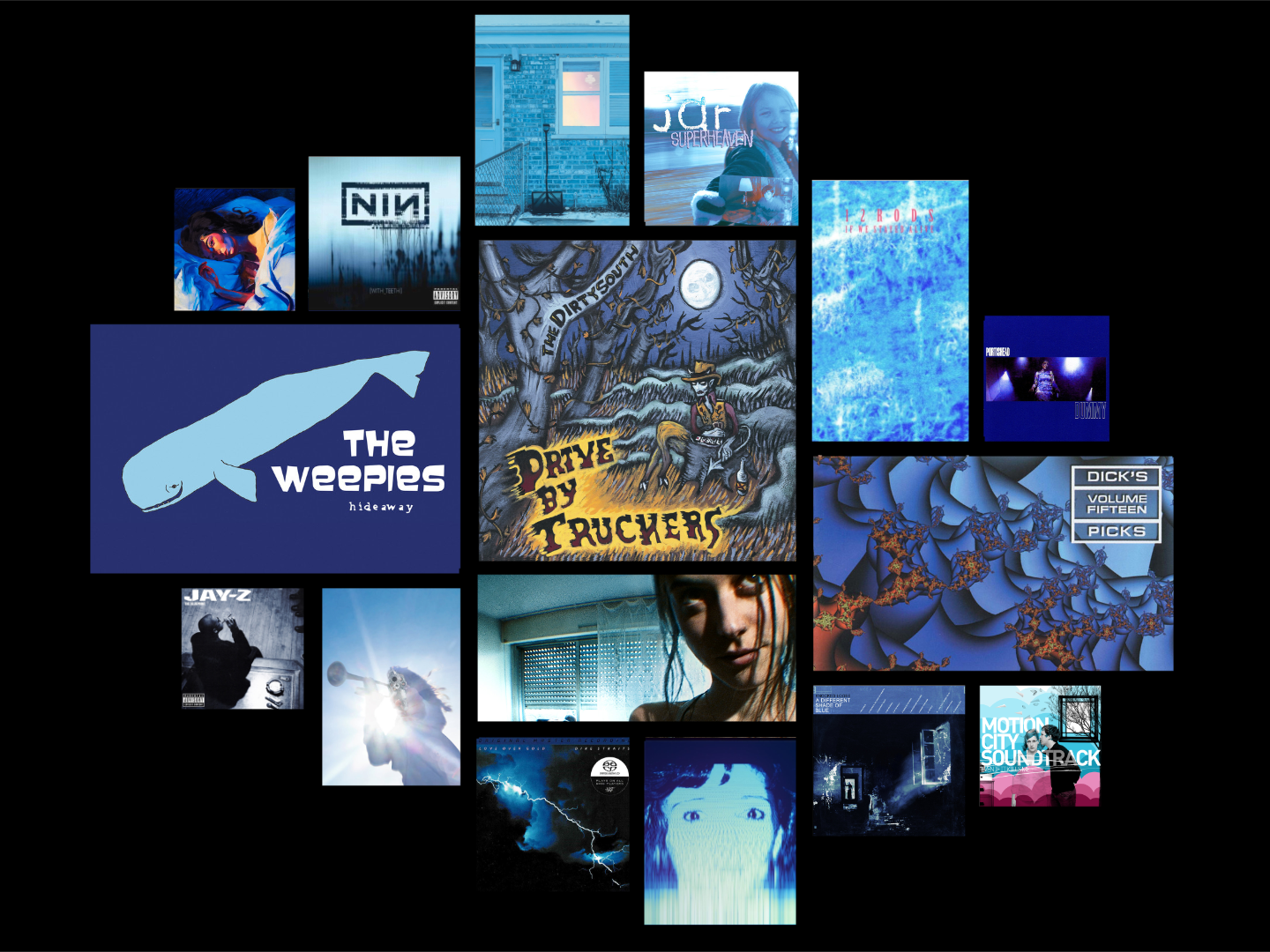Snarls – What About Flowers? | EP Review
/When I was in high school, my favourite album was Say Anything’s ...Is A Real Boy.
This is relevant, I promise.
After years of being obsessed with the pop-punk albums of Sum41, Treble Charger, and Avril Lavigne (did I mention how Canadian I am?) ...Is A Real Boy introduced me to the more sonically inventive and emotionally challenging world of 2000s emo. My favourite lyric was, “I’ve got these last twelve bucks to spend on you. You can take me anywhere your sick mind wants to.” I spent hours figuring out how to download, edit and assign that passage as the ringtone on my red Motorola KRZR.
Snarls’ new EP What About Flowers? is filled with these Ringtonable Moments™. It’s not hard to imagine my high school self swooning over lyrics like “I used to think that you were an angel. Only when you said the words that meant everything” and “Know the world doesn’t care if you feel alone. Into the flames we fucking go.” The band has found a way to tap into the beautiful earnestness of these emotions. It’s not the naivety of high school I relive when I listen to What About Flowers?, but rather the all-encompassing totality of feeling FEELINGS.
It’s a beautiful sentiment and a delicate tightrope to walk. Luckily for us, the listeners, Snarls is the tightest they've ever been on this EP. Snarls’ debut album, Burst, was also super tight, but there’s something more happening here; it’s clear the band has spent the intervening year and a half honing their craft. Vocalist Chlo White describes it best when she says, “We’re in the ‘pressed flowers’ phase of our band, Burst was taking a fistful of glitter and throwing it, but this EP was more intentional.”
And this intentionality shows! Everything from the guitar solos to the drum fills to how the bass locks in with the vocals on lead single “Fixed Gear” feels deliberate and tells its own story. I could go on about White’s vocal performance both on this EP and Burst for days, but I think it’s easier that I share this notes app screenshot from my second listen through:
Even with this more intentional approach to songwriting on this EP, What About Flowers? isn’t without those signature bursts of glitter. While the first two tracks end with stuttering feedback and the sound of guitar delay settling, something interesting starts happening halfway through. Delay trails, echoed vocals, and synth textures are sprinkled into the back and foreground in a way that creates their own spacey crescendos and percussion. It all builds toward the lullaby-like finale on “If Only” and a gorgeous piano line that feels incredibly hopeful after the song’s exploration of heartbreak and isolation.
This is a lovingly crafted EP that perfectly showcases the talent and depth of a fantastic young band. I spent a long time trying to think of a perfect metaphor to accompany it. A thread of yarn unspooling, opening a present, a single heart-shaped kite in the sky. Something simple like that. But I think it’s this: What About Flowers? is the feeling of falling asleep on the bus on your way back to college after going home for thanksgiving for the first time since moving away. Is this *very* specific to my experience? Sure. But just about everything about this album, down to the collaboration with producer Chris Walla, feels like it was specifically tailored to make me feel nostalgic so just let me have this.
It’s been a difficult year. I mean, globally? Sure, yeah, I think that goes without saying. Without including too many details (and at the risk of turning this small portion of Swim Into The Sound into my diary, thank you, Taylor), it’s been an adjustment period. Dramatic shifts in work, relationships, and my living situation have brought me back to those days of the overwhelming emotions captured here by Snarls. That perennial Fall Feeling of knowing that spring and summer will bring beautiful new growth, but only after you’ve had to shed everything and plant yourself for the Winter. The interim of death and rebirth.
What about flowers indeed.
Cailen Alcorn Pygott is a writer, musician, and general sadsack from Halifax, Nova Scotia. His band No, It’s Fine. also releases their album I Promise. today. Tell him how cool you think that is on Twitter @noitsfinereally and on Instagram @_no_its_fine_.













